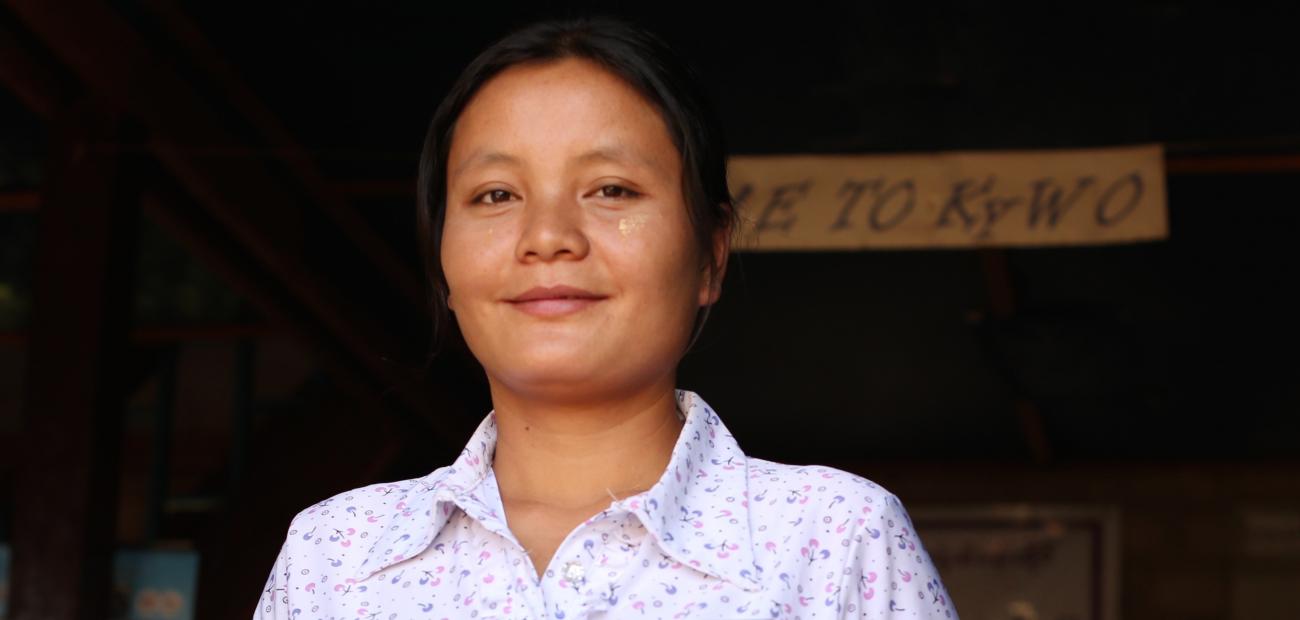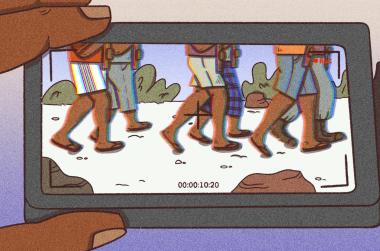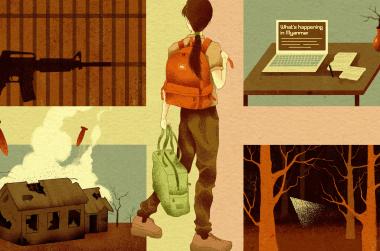When Mu Iris Arr Paing was asked to help promote the rights of women by her favourite uncle — the founder of an ethnic Kayan army — she did not hesitate. Within weeks she was running for her life pursued by government soldiers as she snuck across the border into Thailand, where she collected bottles for recycling to fund the opening of an office. Returning to Myanmar after years away, she devised a new creative way to get her message across — football.
Arr Paing credits her determination to get the organisation off the ground to the encouragement of her uncle, whose Kayan New Land Party was created to fight the Ne Win government and who became an influential political figure. Out of five siblings, he chose her and she has always been grateful.
These days the Kayan Women’s Organisation (KyWO) has a modest headquarters in Pekon, in Myanmar’s southern Shan State, providing education and training to women and helping victims of violence. It is an airy house in a neat plot of land with a couple of boxy old desktop computers and a greying pin-board on the wall listing the ambitious goals of a “peaceful, just, equal and developed society”.
As Arr Paing begins telling us about her life a drowsy butterfly gusts mistakenly into the office, flapping disconcerted around the filing cabinets before charting a baffled route back into the yawning heat of the afternoon. She is a quiet, charismatic storyteller and soon we are lost in the drama, the sounds of the day fading into the distance.
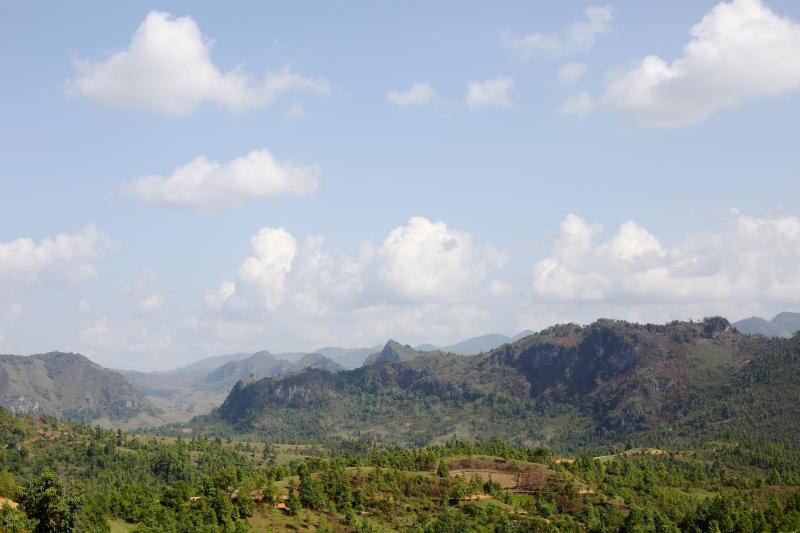
“After I finished high school I went to stay with my uncle U Shwe Aye to help around the house. We were related by blood, but he was also considered as an uncle by our tribe.
“One day he said to me: ‘We need to work on women’s issues. Our Kayan people are missing out on a lot, we are being left behind.’
“I was only 21 and had nothing serious in my head, all I thought of was going out with my friends and having fun. I took a hard look at myself and thought I would be happy to do something for my people.
“I was told to leave in secret and not to tell anyone, including my boyfriend. My parents didn’t know either. We were scared that intelligence agents would come and question them.
“Most people in Myanmar believe that if you end up in another country illegally, you will become a prostitute. I went without a passport and could not speak the language. I was worried I’d be sold to somebody, but I also thought, ‘My national leader believes in me and I cherish his confidence’.
“The government had stipulated that only women over 25 could go from Taunggyi to Linkhe, a route that led ultimately to Thailand. But that just increased my determination to go. I felt a sense of righteousness because of how restrictive the government was.
“It was June 13, 2005 around three in the afternoon. An older woman came to pick me up. I left with a small backpack and just two or three sets of clothes. I had no idea when I would come back, no clue about the future.”
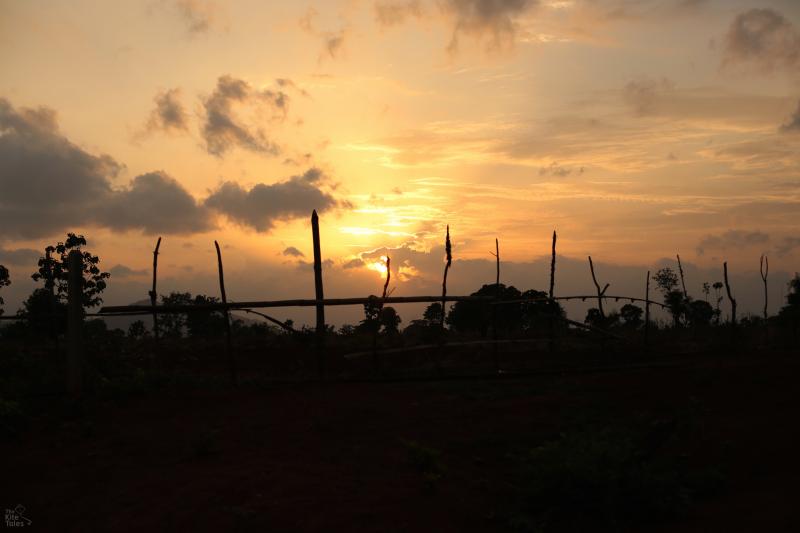
They travelled covertly, sleeping on floors and talking their way through road blocks. Finally they reached the banks of the Salween river.
“Just as we were about to cross, we came across a column of soldiers. There were about 30 or 40 of them. They came after us so we ran for our lives because we feared they might kill or rape us. The water was waist high. We jumped in and ran.”
After crossing the river, the women fled into an area controlled by soldiers of the ethnic minority Wa, one of several ethnic armed groups operating in the area.
“It was past midnight and raining. We were all soaking wet and shaking because we were so hungry — we had gone without food for two or three days because we were fleeing.
“One of the Wa soldiers offered to guide us to Thailand. The journey took about two hours, but I have never forgotten it. We walked along a narrow path with a ravine on one side. We couldn’t use torches because Thai patrols might see and shoot at us, so we had to walk in the dense, dark jungle with no light. We could only hear the sound of insects. If you slipped and fell you would die.
“At around 2am, we reached the Thai border. There was a guardhouse with CCTV. If the camera turned our way we lay flat on the ground, then we ran.
“We found a fire and some coffee in a hut at the edge of a village, and we collapsed on the ground to sleep there. But at around 4am, a man woke us up, saying: ‘Thai soldiers are coming. Run! Run!’. So we fled and hid in bushes out back.
“As the morning grew clearer and the cockerels started crowing, white things started to appear around us. Eventually we realised we were in a cemetery! Those were the days when we had to sleep among graves.
“That’s how we began.
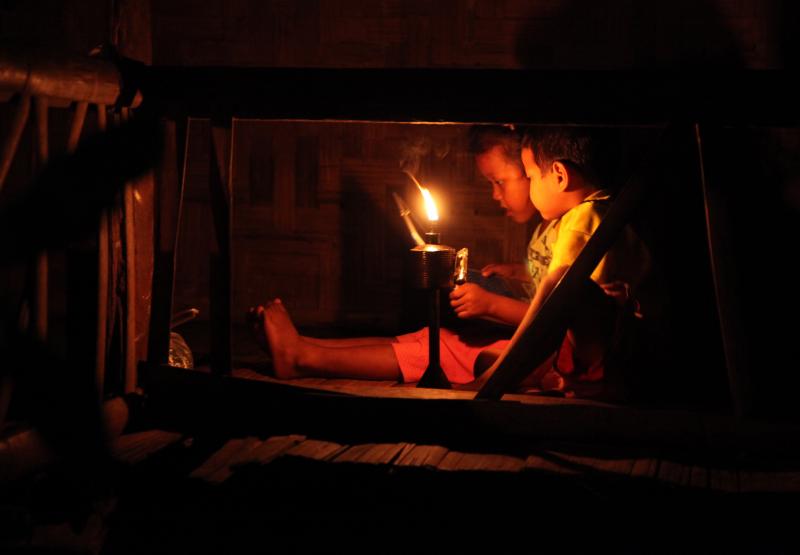
"It’s not at all easy to set up an organisation. There were only two of us, with no office space and no money or technical knowledge. I didn’t even know how to use a computer.
“Do you know how naive I was? At the beginning when people asked for my email, I would give both the address and my password. I gave that to everybody. I would even say: ‘This is the password, ok?’,” she said laughing heartily at the memory.
“It was a struggle. We collected beer cans and bottles to sell for recycling and used the money for postage costs. We foraged in the jungle for things to eat. But we weren’t scared about running out of rice because in Mae Hong Son there were three villages of Kayan people — sometimes called ‘long necks’ — and we could ask them for food.
“In 2006 we opened an office. It was just a bamboo hut that we rented for 800 baht ($22 at today’s exchange rate) a month. There was a crematorium out the front and a cliff at the back. We lived and worked there.
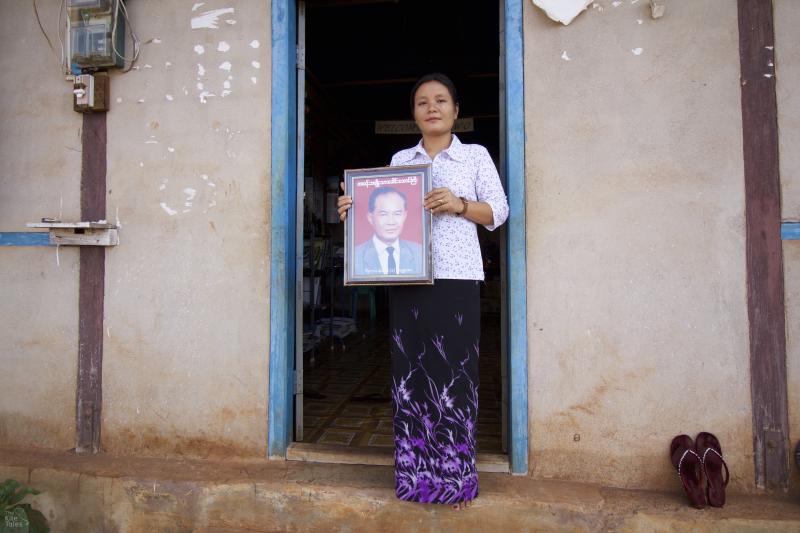
“(My uncle) passed away in 2006. I mourned but I could not go back. I still had a duty to make my vision a reality.
“I think of him whenever I’m down because he was the one who encouraged me to do this. When I go to bed at night I imagine discussing with him what to say the next day on behalf of my people. Sometimes I have dreams that give me courage and guidance.
“He died of liver cancer. During the revolution, there were times when he had to eat bamboo shoot soup for the whole month and occasionally he had malaria.
“He was always saying ‘for the people’. He lived humbly and poorly. His shoes were bitten by rats. His shirts were given to him by other people. He had nothing. Every morning he listened to the radio. Sometimes when no one was around, he invited me over and we talked about politics.
“(After he died) I decided to go back to Myanmar to speak to the new leaders of the KNLP. I said our organisation is not under the wing of any armed group and must be independent, because it is important that we women make our own decisions.
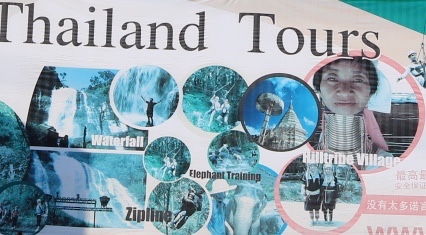
“It’s true that our Kayan people were left behind compared to other ethnic minorities. Some of it was because of traditional practices that go back generations. For example, the whole issue of wearing brass neck rings.
“I didn’t like it when people from our ethnic group were referred to as living in ‘human zoos’ by the international community. Nobody wants that. But these people were in this situation; powerful Thai officials and businessmen built huts for them to live in and made profits from them. They were fenced in and visitors had to pay a fee. They got food rations and salaries of 1,500 baht a month for adults and 1,000 baht for children.
“Even if they wanted to go back (to Myanmar), some of them had Thai ID cards, food and living was convenient and they didn’t have to worry about education. They said ‘If we go back to Myanmar, we have nowhere to live and nothing to eat. How would we make a living?’ And it’s true.
“I moved back to Myanmar after the election in 2010 — I had a marriage proposal. When I got back all I had was a single longyi.
“I’ve known my husband since we were students and he waited for nine years for me. He encourages me.”
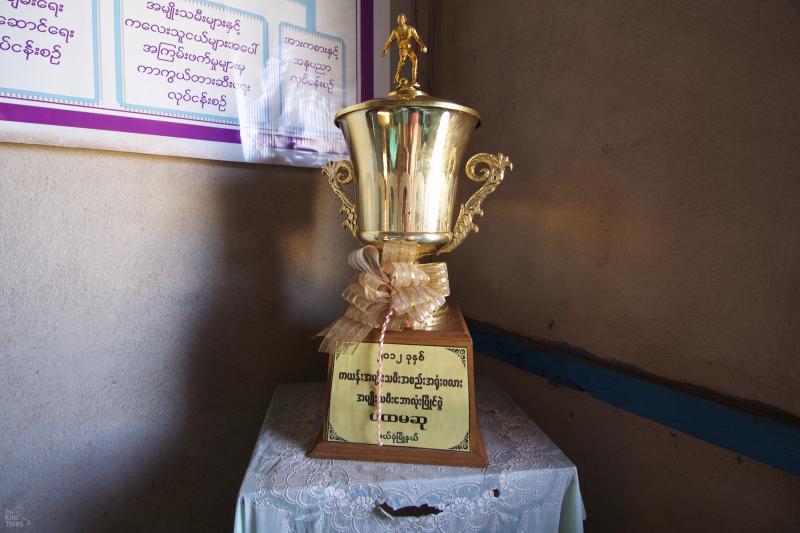
When she returned it was still difficult to operate openly, so Arr-paing hit upon an unusual strategy to get the authorities to recognise the KyWO.
“I decided to organise a women’s football tournament. That was one of our strategies — to use sports. I wanted to do something that had never been done before, to ignite a patriotic spirit and encourage athleticism. Besides, important people would be watching and perhaps our athletes might be chosen in the ASEAN SEA Games (in 2013).
“So we held the ‘Kayan Women’s Organisation Cup’ in November 2012. We urged women to organise their own teams. I couldn’t take part, because my baby was only one month old then.
“Eight teams participated — there were some very good footballers. We proudly displayed our KyWO flags, gave out stickers and people had our logo on their cheeks. When the KyWO team won the league, the whole football field roared its name. After that, nobody had to ask what KyWO was.
“We now have 60 members and more people want to apply.
“Changes have happened quickly. In the past we had to write to KNLP and let them know where we wanted to go. We had to ask them to provide security. Now, I can go freely and no one questions or stops me. People welcome us.“
(Interviewed May 2016)

